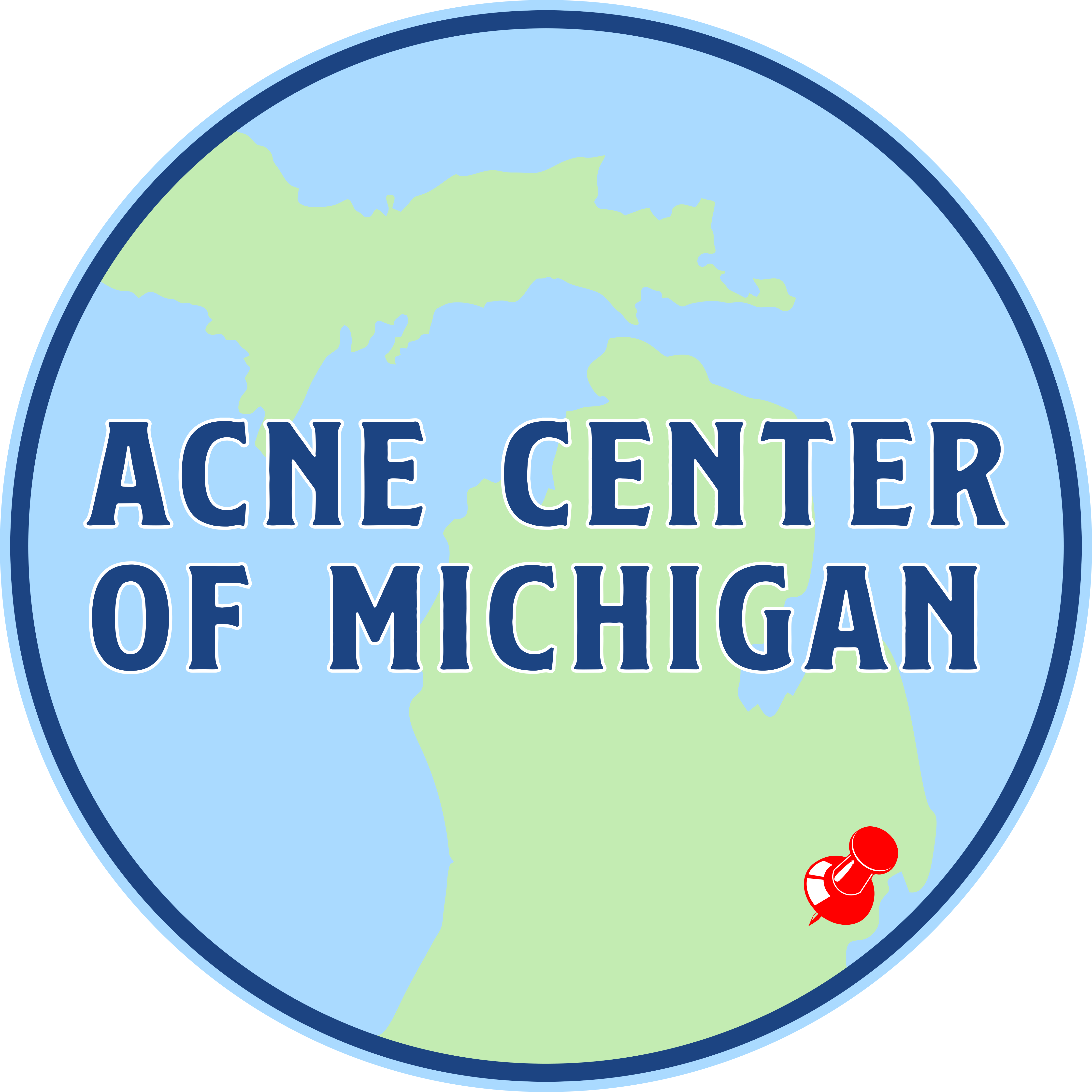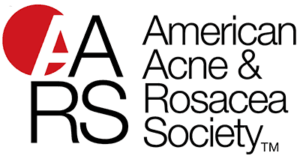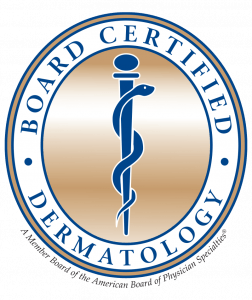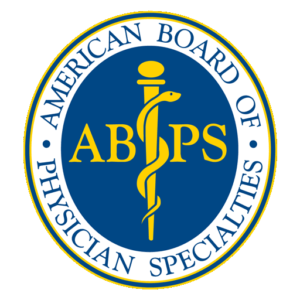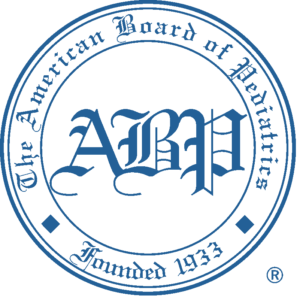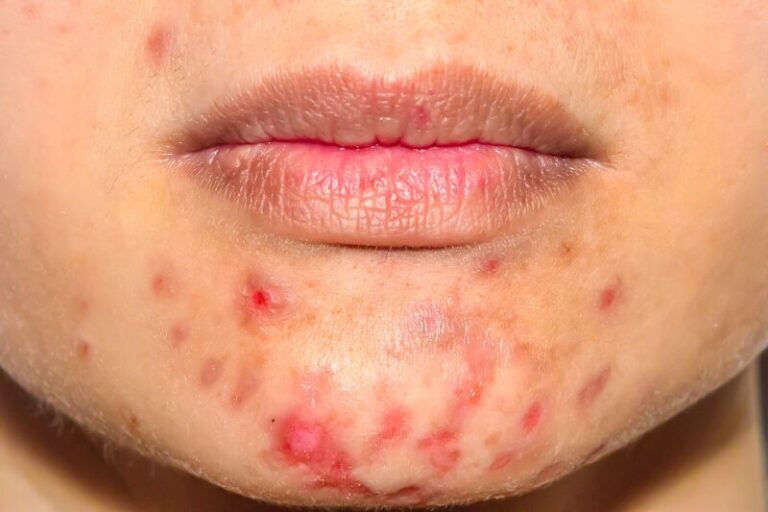

Acne excoriee is a skin condition that is often overlooked and misunderstood. It is a compulsive disorder that involves picking at acne lesions, resulting in prolonged healing, persistent redness, scarring, and hyperpigmentation. This condition is typically seen in young women, but anyone can be affected. Acne excoriée is more than just a bad habit; it is a psychological disorder that often goes unnoticed. People who suffer from this condition have a deep-seated urge to pick at their acne lesions, either consciously or subconsciously.
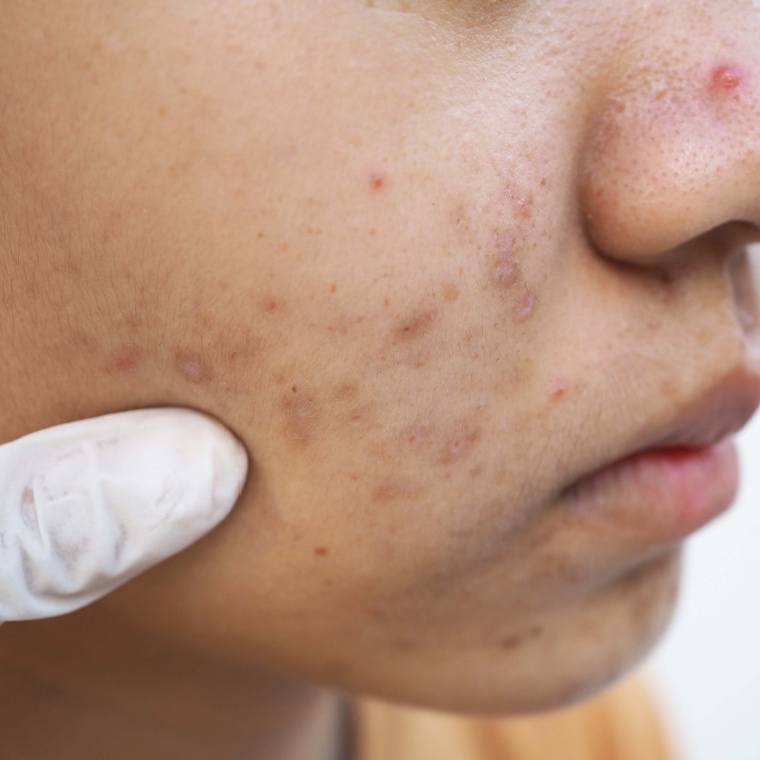

The psychological aspect of this disorder makes it difficult to treat, as patients may feel ashamed or embarrassed about their behavior and avoid help from others. The physical damage caused by acne excoriée can be severe and can last for years. This can lead to low self-esteem and a lack of confidence, harming a person’s personal and professional life.
Successful treatment of acne excoriée must address both the physical and psychological aspects. The first step is to consult the help of a qualified dermatologist who is sensitive to the emotional impact of the disorder. In our opinion, patients with acne excoriée require aggressive treatment to control any new acne outbreaks. This usually includes a combination of topical and oral therapy, such as retinoids, benzoyl peroxide, oral antibiotics, hormonal therapy in women, chemical peels, and Accutane. Protecting ‘picked at’ lesions with self-adhesive circular hydrocolloid pads provides a physical barrier against further picking.
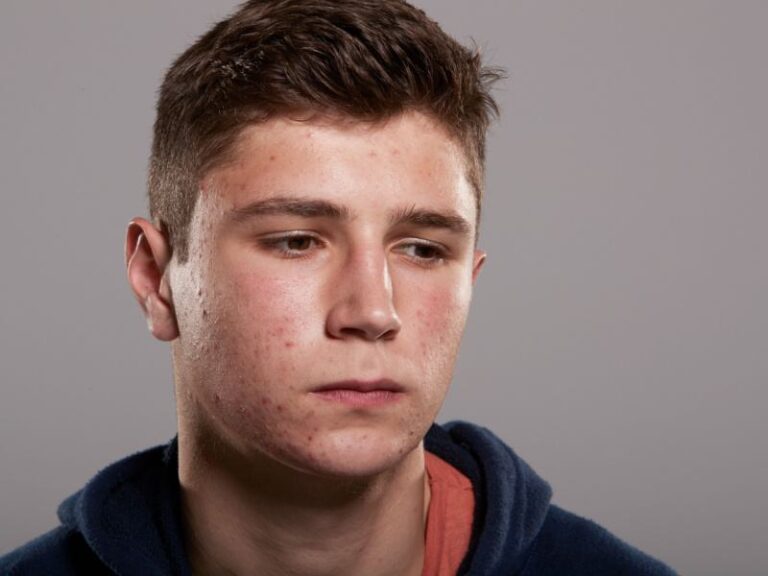

The psychological aspect of the disorder cannot be overstated. Acne excoriée is often a manifestation of an underlying anxiety disorder or obsessive-compulsive disorder (OCD). Obsessions are intrusive, unwanted thoughts, images, or impulses that cause significant anxiety and distress. Compulsions are repetitive behaviors or mental acts that individuals feel compelled to perform in response to their obsessive thoughts. These compulsions are often intended to reduce the anxiety caused by the obsessions but can interfere with daily life and significantly impact an individual’s quality of life. Antidepressant medications, such as selective serotonin reuptake inhibitors (SSRIs), can help reduce symptoms of OCD and anxiety, which may help reduce the urge to pick at the skin. Therapy, such as cognitive-behavioral therapy (CBT), can help patients learn new coping strategies and behavioral techniques to reduce skin picking. It is also important to avoid triggers that may lead to picking, such as stress, anxiety, and boredom. Finding healthy ways to cope with these emotions, such as exercise, meditation, or hobbies, can be helpful.
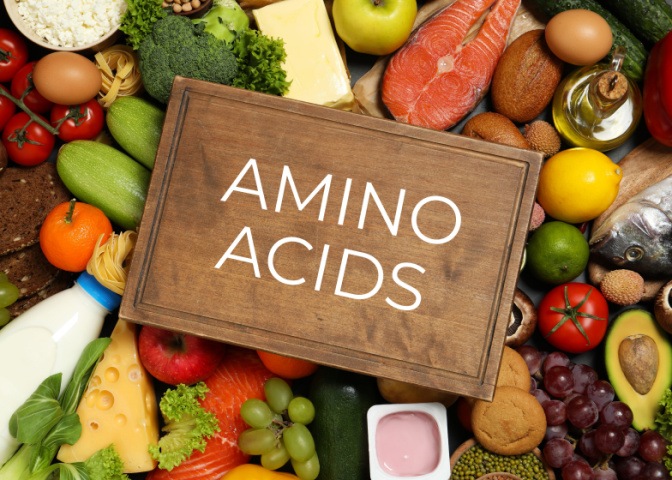

Recent studies have shown that a single amino acid, taken in large quantities, may be an effective treatment for acne excoriée and other repetitive behaviors such as skin picking and hair pulling. The amino acid N-acetylcysteine (NAC) is an antioxidant used for various health conditions, including liver disease, respiratory disorders, and mental health conditions. It increases glutathione levels, a natural antioxidant found in the body. Glutathione helps to protect the body against oxidative stress, which can damage cells and lead to inflammation. In recent years, NAC has been studied for its potential benefits in treating skin conditions, including acne excoriée. One study found that NAC supplementation significantly reduced the severity of acne lesions and improved overall skin appearance in patients with acne vulgaris. Another study found that NAC supplementation improved symptoms of skin-picking disorder, including a reduction in the urge to pick and an improvement in overall skin appearance. NAC works by reducing inflammation and oxidative stress in the body, which can contribute to developing acne lesions and the urge to pick at them. It also helps to support healthy skin by promoting collagen production and reducing hyperpigmentation.
N-acetylcysteine (NAC) can be purchased over the counter in any health food store. Dosing usually starts around 600 mg twice daily. The positive benefits of NAC take time, and a minimum of 3 months is needed before determining whether the treatment is helping. If there is no response after three months, increase the dose to a maximum of 1200 mg twice daily. The most common side effects include bloating, nausea, and diarrhea. In a recent study of NAC treatment of skin picking disorders in the Journal of the American Academy of Dermatology, approximately 10% of people stopped NAC due to gastrointestinal side effects. Always consult your physician before starting treatment.
In conclusion, acne excoriée is a serious condition requiring physical and psychological treatment. It is important to seek help and avoid triggers to prevent further damage to the skin. With proper treatment and care, those who suffer from acne excoriee can achieve clear, healthy skin and improved self-esteem. NAC is an emerging treatment option to aid in skin picking disorder and acne excoriée.
